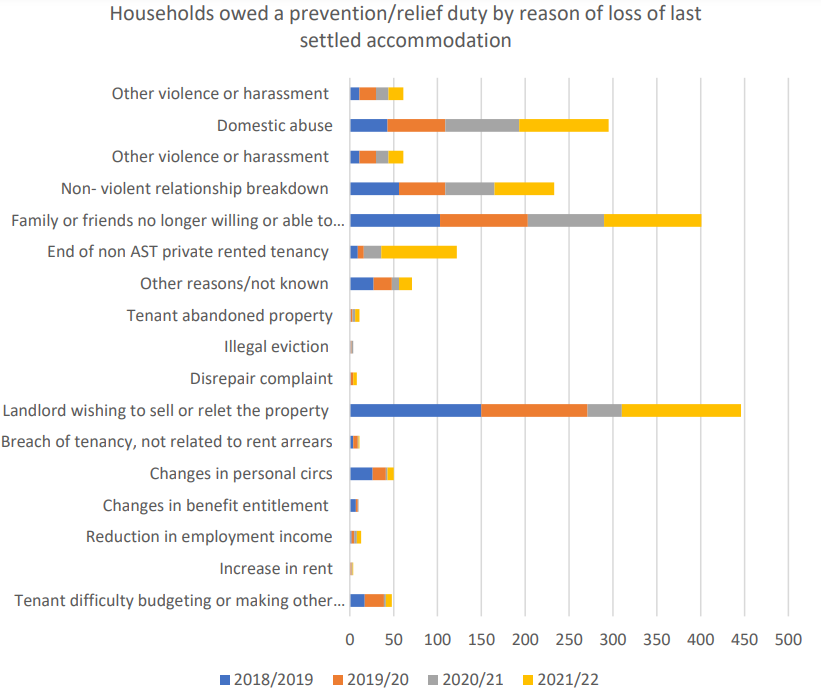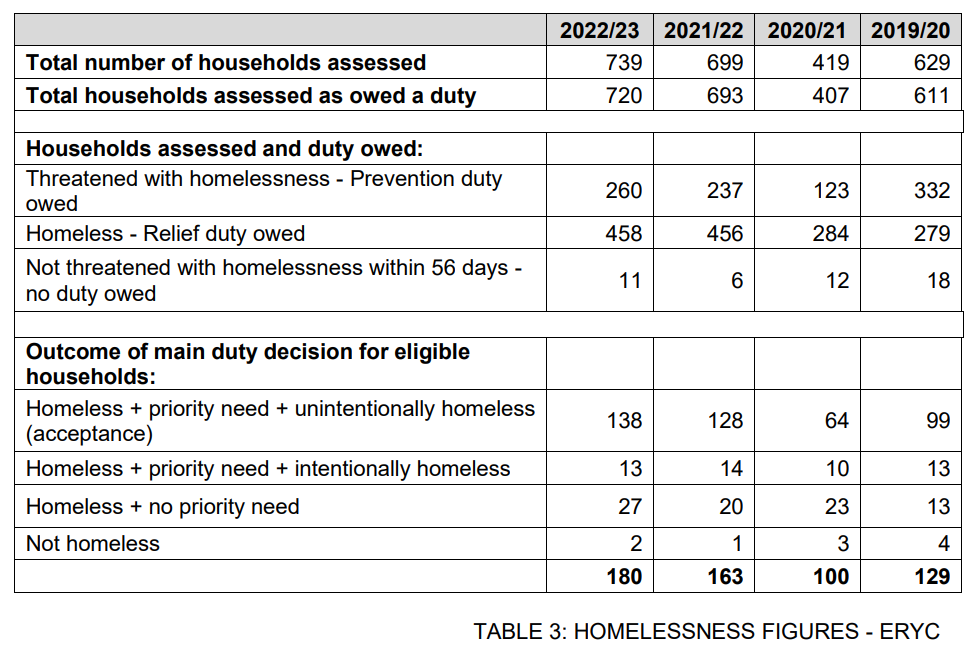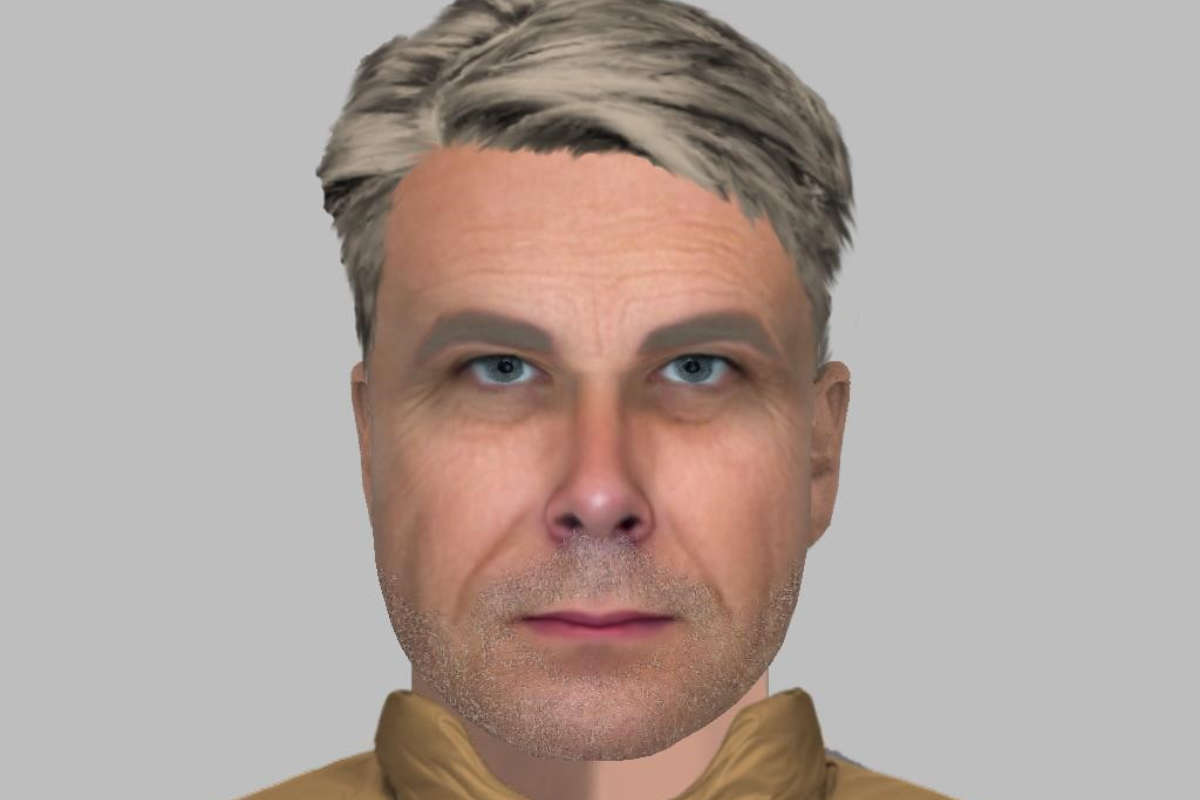
East Riding Council say there's been a big increase in homelessness in the area post-Covid.
A new report says the authority are committed to addressing the issue of homelessness within its boundaries. Although the East Riding has relatively low numbers of rough sleepers compared to larger cities, even a single person sleeping rough is considered one too many. The council recognizes the multifaceted nature of homelessness, encompassing not only those visibly sleeping on the streets but also individuals and families in precarious living situations.
Causes of Homelessness:
The sources identify several key factors contributing to homelessness in the East Riding:
- Loss of Private Tenancies: The most common reason for homelessness is the termination of private rental agreements, often due to landlords selling or re-letting their properties. This is exacerbated by the widening gap between Local Housing Allowance (LHA) rates and rising private sector rents, making it challenging for low-income households to afford suitable accommodation.
- Breakdown of Support Networks: Family and friends' inability or unwillingness to provide accommodation is another major driver of homelessness. This could be due to strained relationships, financial constraints, or a lack of space.
- Domestic Abuse: A significant increase in domestic abuse cases has also been observed, although changes in reporting practices may partly account for this rise. Nevertheless, domestic abuse remains a substantial factor leading to homelessness.
- Multiple Support Needs: The sources highlight a concerning trend of increasing numbers of homeless individuals with complex needs, including mental health issues, substance abuse, and physical disabilities. These individuals require more intensive support to secure stable housing.

Laura Tilney is the authority's Principal Housing Policy and Development Officer:
Challenges in Addressing Rough Sleeping:
While the number of rough sleepers in the East Riding is comparatively low, the sources acknowledge the difficulties in assisting this vulnerable group:
- Transient Nature: Some individuals experiencing rough sleeping may be transient, moving between locations, making it challenging for outreach services to maintain contact and offer consistent support.
- Intentional Homelessness: Certain individuals may choose to sleep rough despite having alternative accommodation options available. This could be due to mental health issues, distrust of authority, or personal preferences.
- Building Trust: Engaging with rough sleepers and building trust is essential to encourage them to access services and accept support. Commissioning specialist organizations like EMAs, who have experience in working with this population, is crucial for effective outreach.
Council Initiatives:
The East Riding of Yorkshire Council has developed a comprehensive Homelessness and Rough Sleeping Strategy to address the challenges. Key aspects of the strategy include:
- Prevention: The council prioritizes homelessness prevention through early intervention initiatives aimed at assisting households facing housing difficulties before they reach a crisis point.
- Expanding Housing Options: The council works with registered providers to increase the supply of affordable and social housing. This includes maximizing the use of existing stock and developing specialist supported housing to cater to diverse needs.
- Suitable Temporary Accommodation: Recognizing the detrimental impact of unsuitable temporary housing, particularly bed and breakfasts, the council strives to increase the availability of appropriate short-term accommodation options that meet the needs of homeless households.
- Partnership Working: The council emphasizes collaboration with various stakeholders, including voluntary sector organizations and community groups, to deliver effective homelessness services. This includes collaborating with neighbouring authorities to ensure resources are used efficiently and gaps in provision are addressed.

Ongoing Challenges:
Despite these efforts, challenges remain in addressing homelessness:
- Economic Climate: Rising interest rates and the cost-of-living crisis are likely to further increase homelessness.
- Supporting Care Leavers: The council acknowledges the vulnerability of care leavers who are at significantly higher risk of homelessness compared to their peers. Ensuring their successful transition into independent living requires specialized support.
The East Riding of Yorkshire Council says it remains committed to tackling homelessness through a multi-pronged approach. However, effectively addressing the root causes and complexities of homelessness will require sustained efforts, innovative solutions, and continued collaboration between all stakeholders.
Councillor Gary McMaster is the authority's portfolio holder for housing and infrastructure:




 Scarborough Athletic Fans, Finance Director and Manager Speak of Emotional Week at the Club
Scarborough Athletic Fans, Finance Director and Manager Speak of Emotional Week at the Club
 Police Release E-Fit After East Riding Assault
Police Release E-Fit After East Riding Assault
 Filey Food & Drink Festival Weekend
Filey Food & Drink Festival Weekend
 Whitby Town On Verge of Safety After Thriller
Whitby Town On Verge of Safety After Thriller
 Scarborough Athletic Leave It Late in County Durham
Scarborough Athletic Leave It Late in County Durham
 Key Weekend in Bridlington Town's Relegation Battle
Key Weekend in Bridlington Town's Relegation Battle
 Tour of Britain Cycle Event for Dalby Forest
Tour of Britain Cycle Event for Dalby Forest
 Look Out For Bridlington Lifeboat's Pirates On The Promenade
Look Out For Bridlington Lifeboat's Pirates On The Promenade
 Chaser Returns to Scarborough for Panto Season
Chaser Returns to Scarborough for Panto Season
 Scarborough Athletic Pitch Could be Out of Action for 44 Weeks And Cost £3m to Repair
Scarborough Athletic Pitch Could be Out of Action for 44 Weeks And Cost £3m to Repair
 North Yorkshire Police Report Significant Improvement in Call Answer Times
North Yorkshire Police Report Significant Improvement in Call Answer Times
 Ryedale Sex Offender Confronted By Angry Mother
Ryedale Sex Offender Confronted By Angry Mother








Comments
Add a comment